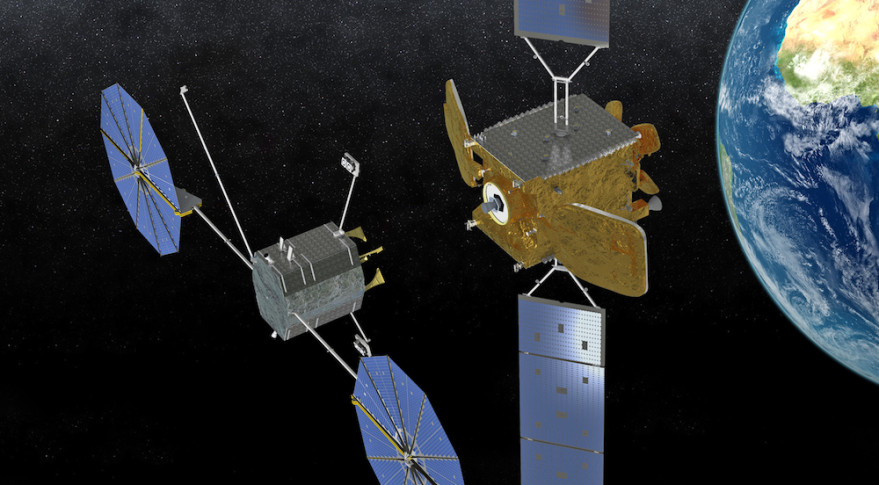Commercial Space Industry Seeks Regulatory Reforms in the Trump Administration

HOUSTON — The commercial space industry hopes the administration of President-elect Donald Trump pursues regulatory reforms and continues existing efforts to support its growth.
A panel at the Spacecom conference here Nov. 16 offered a wish list of issues they hope the next administration addresses in the next two years, largely following ongoing discussion on topics such as regulatory oversight of new commercial space activities and space traffic management.
George Nield, associate administrator for commercial space transportation at the Federal Aviation Administration, said a major issue for him was shifting space traffic management work from the U.S. Air Force to a civil agency such as his. "That would focus on enhancing the safety of space operations and preserving the space environment," he said.
A recent report prepared by the Department of Transportation at the request of Congress concluded that it would be feasible to hand over safety-related space situational awareness work for non-military satellites to the FAA. The agency also held an industry day in October to discuss how that transition might take place, provided both the administration and Congress approved that shift.
Another current issue the industry hopes the new administration will take up is oversight of so-called "non-traditional" commercial space activities, such as lunar landers, satellite servicing and commercial space stations. The Outer Space Treaty requires the U.S. government to provide "authorization and continuing supervision" of space activities, but no agency has clear authority today to handle those non-traditional missions.
Jim Muncy of PoliSpace suggested the new administration take a light-touch approach to such oversight except in cases where those missions might interfere with other activities. "People who are launching satellite refurbishment or other things that are going to be in the busier areas of low Earth orbit or geosynchronous orbit should have a slightly more muscular" regulation, he said. "But if you're going beyond Earth orbit, it could be just a registry."
Others hope that regulatory reform, one overall policy there from the Trump campaign, is also applied to commercial space. "It is time to modernize and upgrade regulations" in areas like commercial remote sensing, said Courtney Stadd, who dealt with space policy at the White House and several agencies and now works for TIP Technologies.
Breaking space news, the latest updates on rocket launches, skywatching events and more!
Caryn Schenewerk, senior counsel and director of government affairs at SpaceX, agreed, saying that any effort to update regulations is a long-term process that should start sooner rather than later. "If we don't start that process today, every day we don't start it is a day longer that companies are trying to fit square pegs into round holes," he said.
A related issue, she said, was ensuring FAA's commercial space transportation office, whose budget is less than $20 million a year, has sufficient resources to oversee the industry without delaying launches and related activities. "I plan on spending some my time explaining to people in D.C. why Dr. Nield's team needs increased resources to undertake these activities," she said.
While some seek reforms and new initiatives, others want the new administration to maintain current efforts in other areas, such as government partnerships. Chad Brinkley, a business development executive with NanoRacks, noted his company has benefited from Space Act Agreements with NASA regarding use of the International Space Station.
"What we're hoping to see going forward in the new administration is continuing that trend," he said, such as greater commercial use of the station.
This story was provided by SpaceNews, dedicated to covering all aspects of the space industry.

Jeff Foust is a Senior Staff Writer at SpaceNews, a space industry news magazine and website, where he writes about space policy, commercial spaceflight and other aerospace industry topics. Jeff has a Ph.D. in planetary sciences from the Massachusetts Institute of Technology and earned a bachelor's degree in geophysics and planetary science from the California Institute of Technology. You can see Jeff's latest projects by following him on Twitter.

